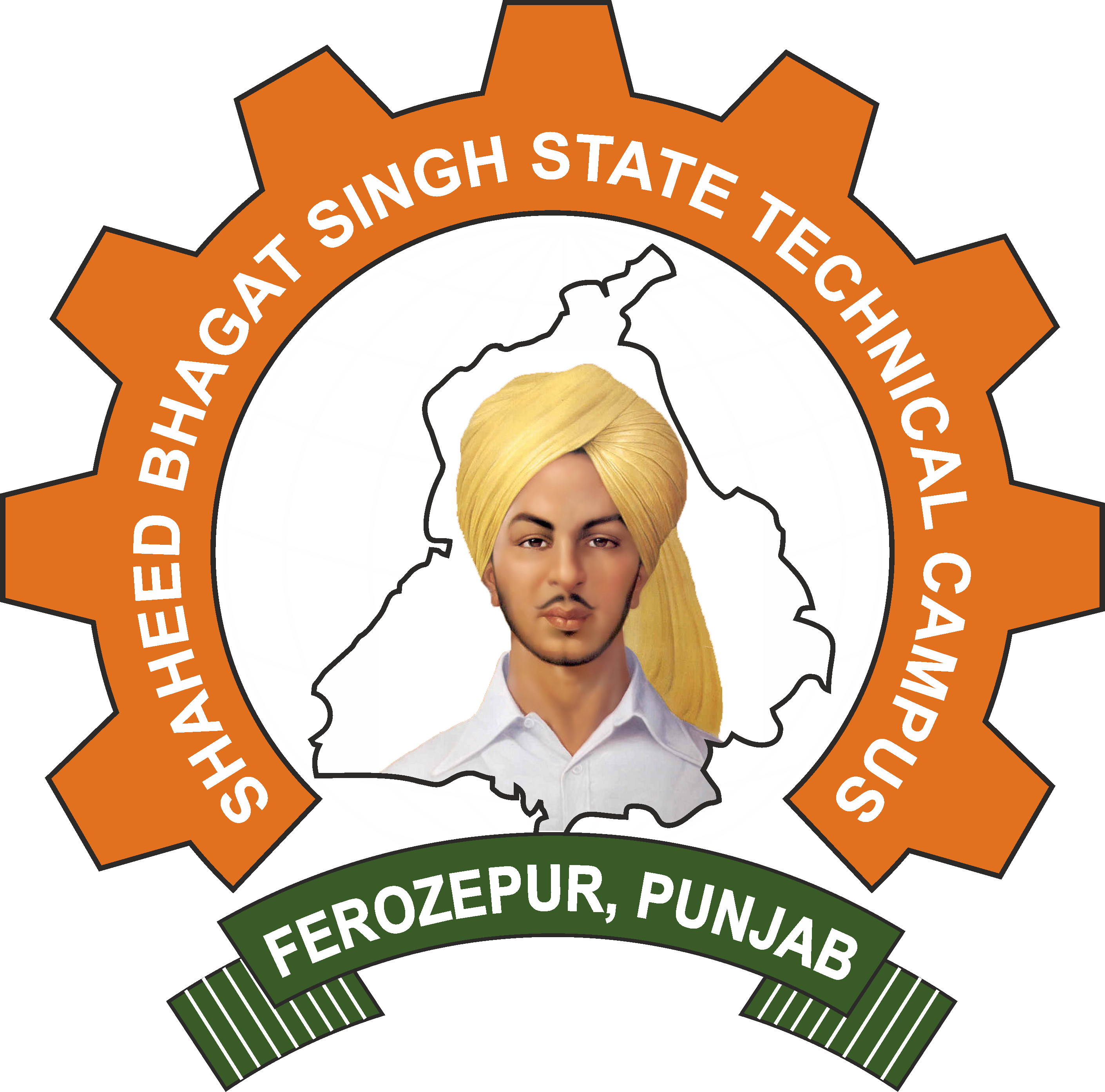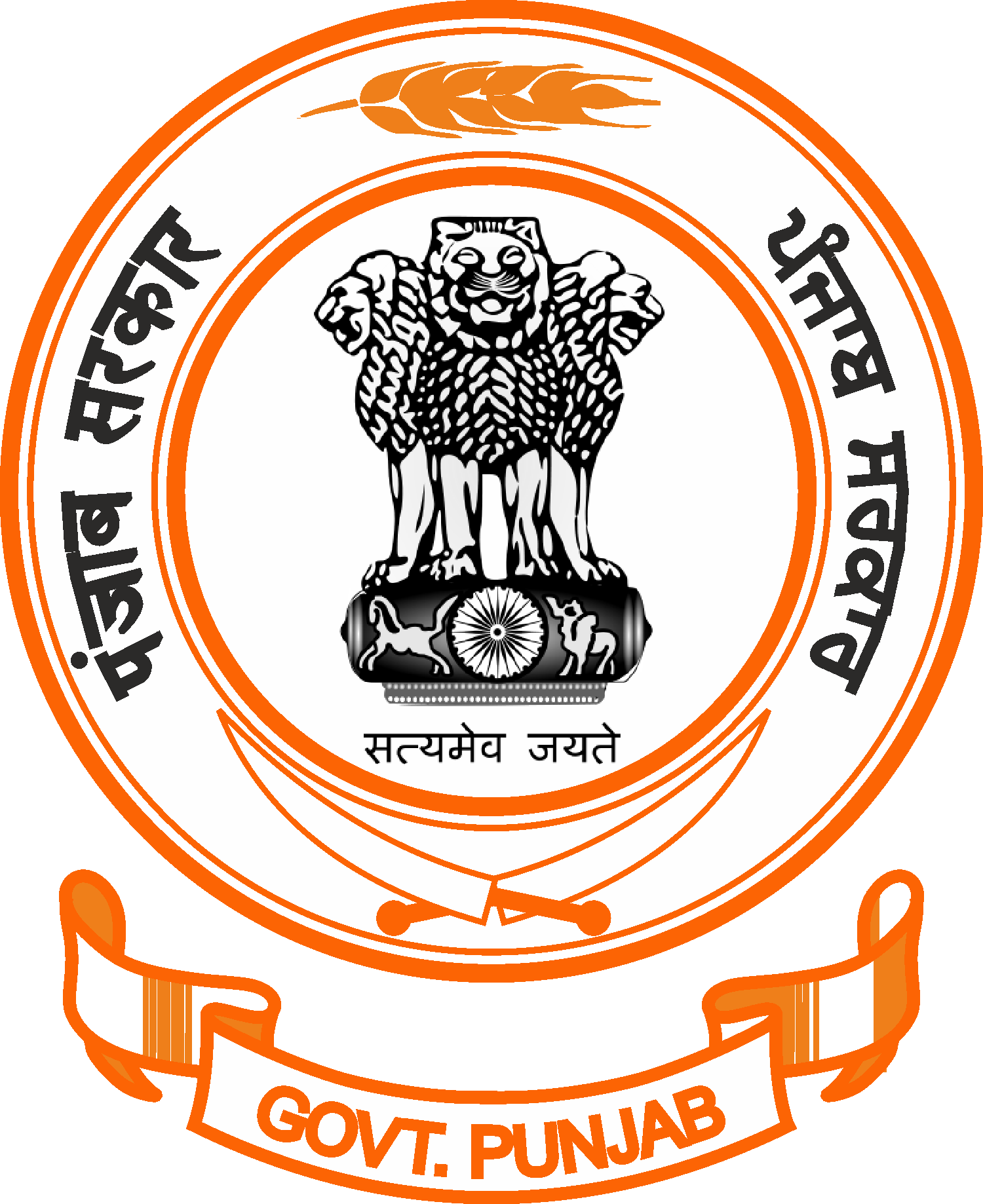Department of Civil Engineering at Shaheed Bhagat Singh State Technical Campus was established in the year 2011.
Since then department offers regular academic course of B.Tech. degree in Civil Enggineeing with affiliation from Punjab Technical University,
Jalandhar with an annual intake of 60. Additional 12 more seats are offered to the diploma holders in the second year of B.Tech. course under
lateral entry scheme. The total intake for B.Tech. Course has been increased to 120 from the academic session 2014-15.
The Department of Civil Engineering is excellently suited to meet the ever changing requirements of industry with courses that combine the
study of management, business skills and computers with Civil Engineering. The Department is also providing consultancy to various Governmental/Private
organization in Structural/Geotechnical/Highway/Survey/Environmental Engineering.
|

Mr.Gurpreet Singh |
| Mission and Vision of the Department |
| Vision |
To be identified as a preferred destination for professional studies responsive to industrial and societal needs of the country. |
| Mission |
| |
- To produce quality Engineers to meet the growing needs of infrastructure industry
- To develop an academic environment, conducive for research, designing, consultancy and innovation based projects for ensuring quality
placements.
- To impart versatility, quality and yearning for excellence with highest ethical values.
|
Department is presently being headed by Mr. Gurpreet Singh. He is having a keen interest in research activities including publications,
funded projects, and expert talks etc. |
Programme Outcomes |
| Engineering graduates will be able to:
|
|
- Engineering knowledge: Apply the knowledge of mathematics, science, engineering fundamentals, and an engineering specialization to the solution of complex engineering problems.
- Problem analysis: Identify, formulate, research literature, and analyze complex engineering problems reaching substantiated conclusions using first principles of mathematics, natural sciences, and engineering sciences.
- Design/development of solutions: Design solutions for complex engineering problems and design system components or processes that meet the specified needs with appropriate consideration for the public health and safety, and the cultural, societal, and environmental considerations.
- Conduct investigations of complex problems: Use research-based knowledge and research methods including design of experiments, analysis and interpretation of data, and synthesis of the information to provide valid conclusions.
- Modern tool usage: Create, select, and apply appropriate techniques, resources, and modern engineering and IT tools including prediction and modelling to complex engineering activities with an understanding of the limitations.
- The engineer and society: Apply reasoning informed by the contextual knowledge to assess societal, health, safety, legal and cultural issues and the consequent responsibilities relevant to the professional engineering practice.
- Environment and sustainability: Understand the impact of the professional engineering solutions in societal and environmental contexts, and demonstrate the knowledge of, and need for sustainable development.
- Ethics: Apply ethical principles and commit to professional ethics and responsibilities and norms of the engineering practice.
- Individual and team work: Function effectively as an individual, and as a member or leader in diverse teams, and in multidisciplinary settings.
- Communication: Communicate effectively on complex engineering activities with the engineering community and with society at large, such as, being able to comprehend and write effective reports and design documentation, make effective presentations, and give and receive clear instructions.
- Project management and finance: Demonstrate knowledge and understanding of the engineering and management principles and apply these to one's own work, as a member and leader in a team, to manage projects and in multidisciplinary environments.
- Life-long learning: Recognize the need for, and have the preparation and ability to engage in independent and life-long learning in the broadest context of technological change.
|



